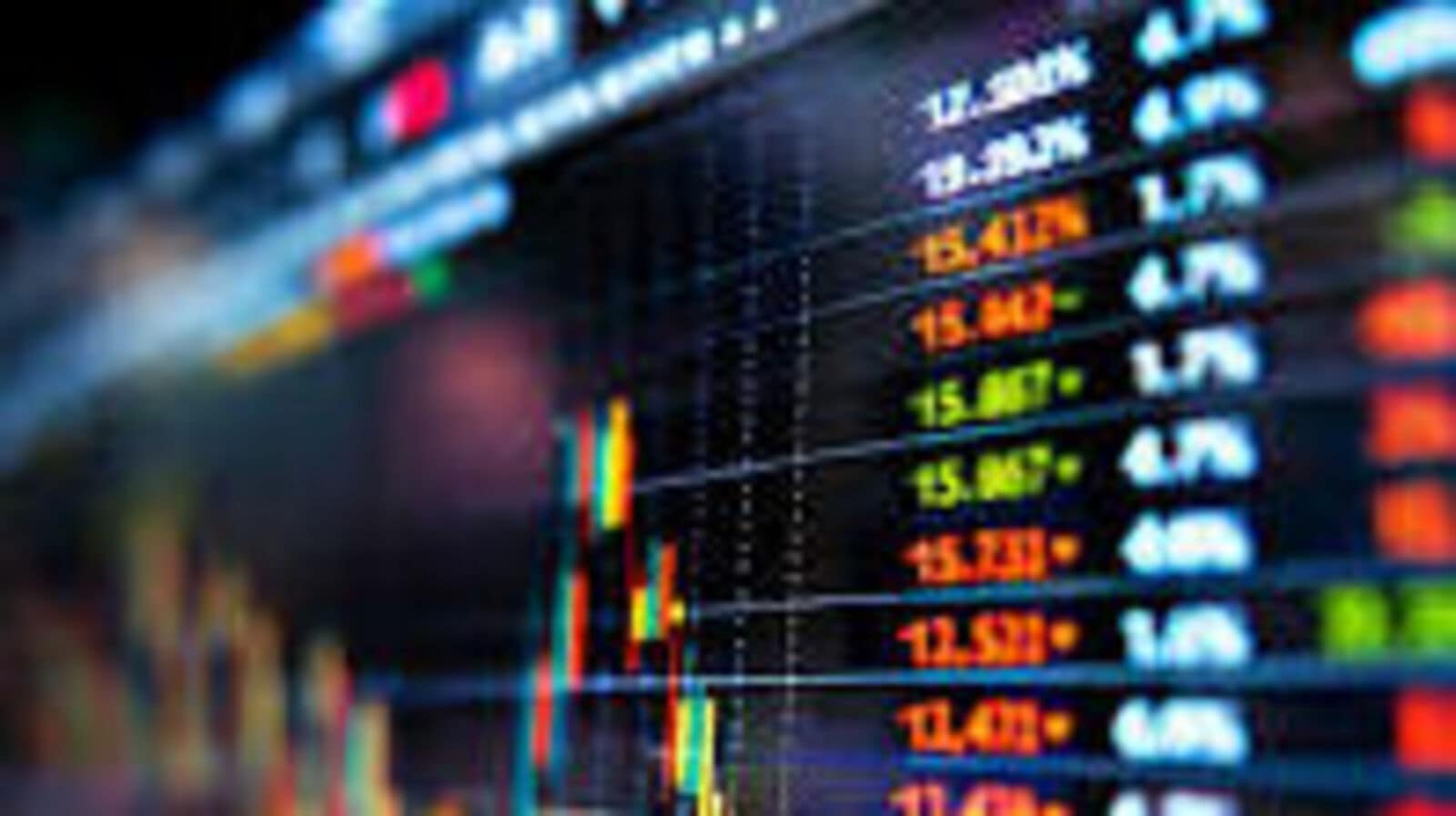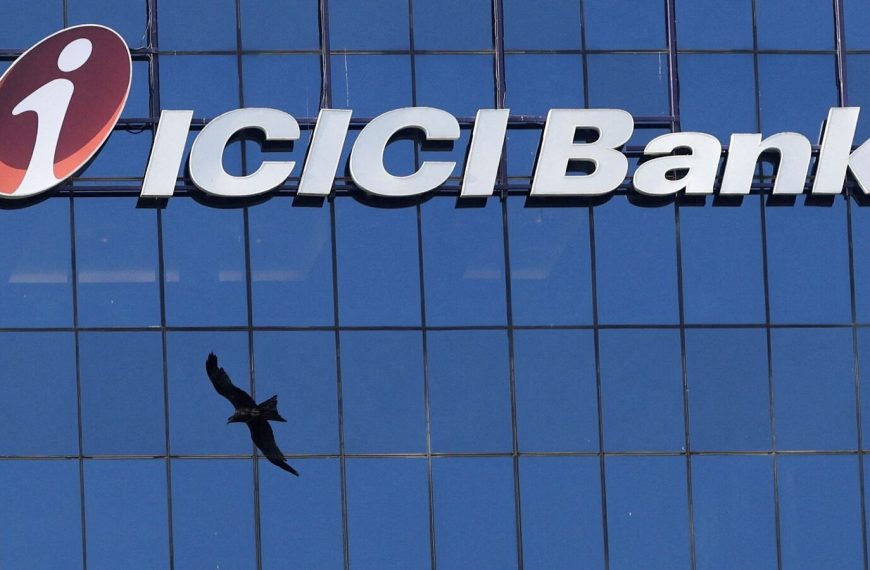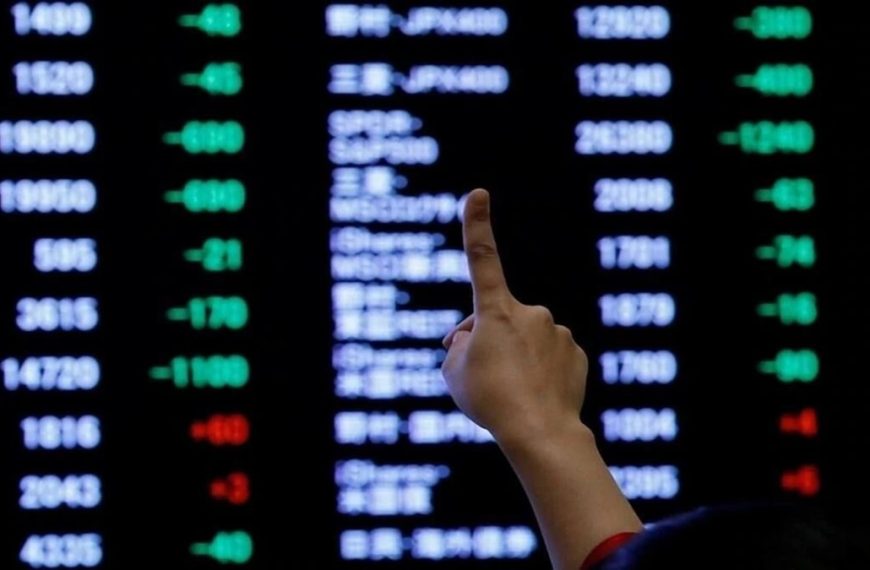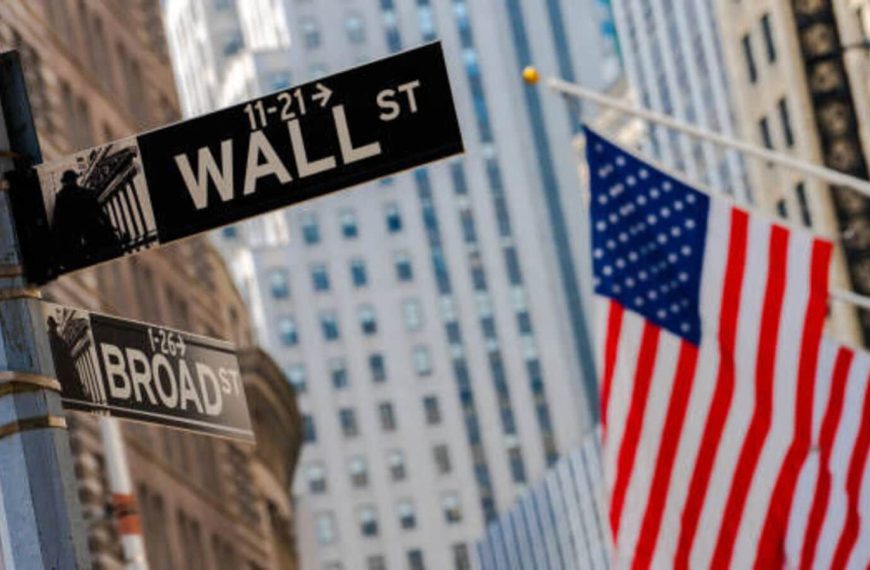Recent fluctuations in U.S. and Venezuela policies are creating significant ripples in the Venezuelan bond market, prompting investors to reassess their strategies regarding a massive $60 billion debt restructuring. Over the past month, government bonds—defaulted since 2017—have experienced a rollercoaster of rallies and sell-offs. This volatility stems from contrasting announcements made by President Donald Trump and Venezuelan leader Nicolas Maduro, with the latest news indicating Venezuela’s decision to resume repatriation flights from the U.S., responding to one of Washington’s key priorities: addressing migration from Latin America.
A Fluctuating Bond Market
The announcement last Thursday sparked a positive streak for some Venezuelan bonds, contributing to an already tumultuous year. Investors are holding onto the hope that Trump may eventually adopt a more lenient approach towards Maduro, paving the way for the normalization of international relations. Such a shift could facilitate what analysts predict will be one of the most intricate debt restructurings in the developing world.
- Bonds maturing in 2027 have surged over 17% this year, significantly outperforming the 2% increase seen in the broader emerging-market high-yield debt index.
- This rally has persisted despite Trump’s unexpected termination of a Biden-era oil agreement that permitted Chevron Corp. to operate in Venezuela.
Navigating Uncertainty
“Volatility is the defining characteristic under Trump’s administration,” remarked Guillermo Guerrero, a strategist at EMFI Securities. Despite the turbulent environment, bonds have maintained some of their recent gains, suggesting that investors anticipate further developments ahead.
The optimism surrounding Trump’s return to the White House initially sparked a flurry of activity in the beleaguered bond market. Investors eagerly sought out these undervalued government and state oil company bonds, betting that a policy shift could lead to the lifting of economic sanctions and a potential debt restructuring, akin to a high-stakes lottery ticket.
However, the rally faced a sudden halt when Trump rescinded the Chevron license, which had allowed the company to extract oil despite existing sanctions. As a result, bond prices have stabilized around 19 cents on the dollar while investors await further developments.
Expert Insights on the Future
In a recent client note, Barclays maintained a market-weight recommendation on the debt, citing the complexities in predicting a political transition. Jason Keene, a strategist at Barclays, noted, “Trump does not seem firmly tied to his positions. He could easily pivot and strike a deal at a later date.”
Interestingly, a recent surge in Lebanon bonds is adding some support to Venezuelan debt, making it appear even more attractively priced, according to Keene.
Francesco Marani, who manages Venezuela and PDVSA debt for Auriga Global Investors SV SA, expressed that the ongoing exchanges between Washington and Caracas have not significantly altered his belief that “normalization is the most probable outcome.” He emphasized, “Despite threats to oil licenses, the market has demonstrated resilience. Investors seem to favor normalization over a breakdown in relations.”
The intricate dance of policies between the U.S. and Venezuela continues to shape the outlook for investors, making this situation one to watch closely.











